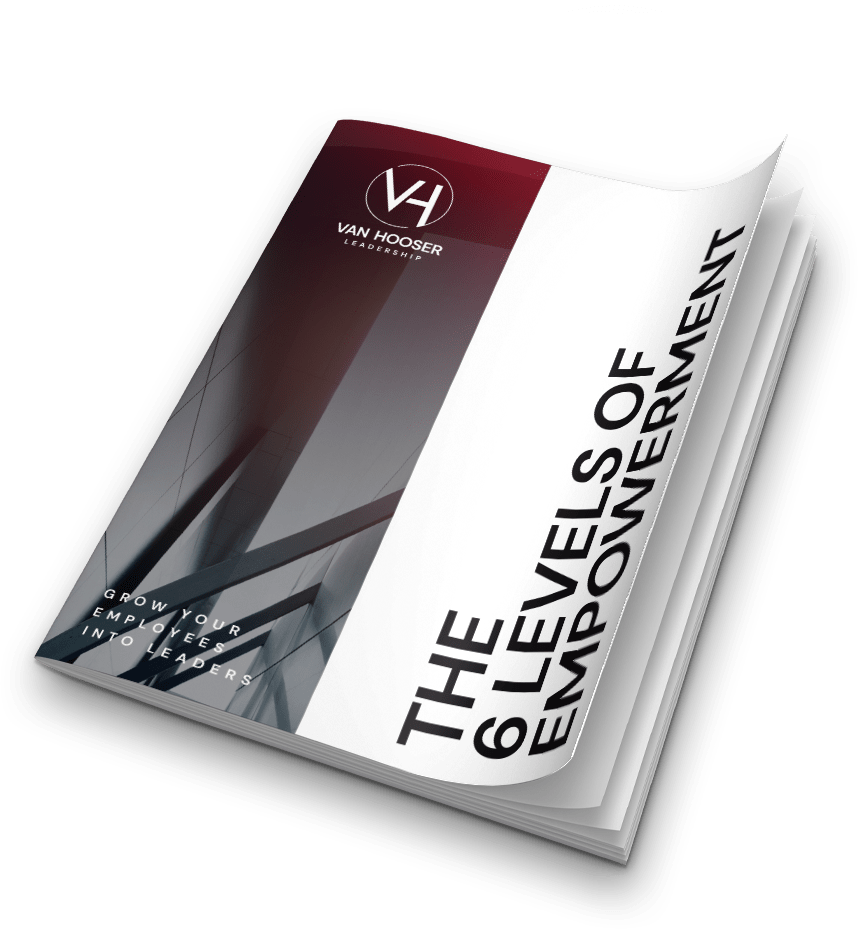There is not a person out there who has never made mistakes at work — don’t let IG, Snapchat, or some other form of highlight reel deceive you. It is encouraging though, that the most successful people are the ones who have likely made multiple mistakes along the way! There is hope ?! It is a person’s reaction and response to their mistakes that will ultimately separate the successful few from the unsuccessful masses. Here is my 3 step process — learned the hard way –to help you rise up when you slip up.
In my 20’s (I turned 30 this year ?), I definitely made my share of mistakes at work. Whether it was calling a Code Black to all staff and customers, rushing hundreds of them to a safe place, then realizing the siren wasn’t a tornado warning. Or maybe it was the time I left the bank doors unlocked all night (still dying over that one). Then there was that one time that I could not wait to present a project, but forgot to obtain one of the most critical pieces of information. ?♀️
Alright, I’ll stop roasting myself for a minute. ?
The thing about it is, if you go back and talk to all of my previous supervisors, those mistakes aren’t the things they will tell you about me. Most of them don’t even remember them–I’ve asked! But what they do remember is that I consistently handled myself as a professional and they were impressed. You see, even when you slip up, you can still go up.
Here is my proven 3-step process to help you next time you make a mistake:
1. Admit
Admit it was you that made the mistake. I have probably gained more respect from my coworkers not by successfully leading massive projects, or sharing new ideas that increased profits, etc., but by owning my mistakes. You build trust, break down walls, increase communication, and relieve tension when you step up to the plate and admit you’ve made a mistake.
Now, if at all possible, I would encourage you to take time to prepare for steps two and three thoroughly before you own up. Not because letting time pass will make things better, it won’t at this point. But because you want to show everyone affected that you are someone to be taken seriously because you take yourself serious. However, if there is no time for that in the moment, if you’re in a meeting when the mistake is realized and the boss wants to know who is responsible, then pull up your boot straps and own it. And when you do, make it clear that you plan to dig deeper into making things right ASAP.
2. Apologize
You’ve admitted fault. Now you must apologize. Here’s the thing, when you make mistakes at work, it can affect other people — coworkers, subordinates, customers, and even shareholders. Apologizing may be hard for some people, but it is absolutely necessary. Apologizing helps mend the emotional aspect of relationships damaged in the way of trust, confidence, etc. by your mistake.
Most importantly, your apology must be sincere and hit home to what’s important to the affected party. Acknowledge how the mistake hurt them and express empathy for that. I say it all the time, but this is just another reason why you must deeply know the people you work with. Your understanding of them will affect multiple aspects of your own career.
3. Explain
You have to explain these three questions:
❓How did you get to the place where you made a mistake?
Were you rushing? Did you not do enough research? Whatever the reason, know it. Own it. Say it.
Take time to nail down the root cause of why your mistakes at work happened so you can make sure this doesn’t happen again.
❓How are you going to fix it?
Hopefully your mistake is one that can be fixed. If it’s not, you have to move on to the next question. If there is a solution, figure it out and do it.
❓How are you going to make sure it doesn’t happen again?
Apologies are worthless if your actions don’t change. You have to know the answer to #1 so you can figure out #3.
If you continue to make the same mistake over and over, it is no longer a mistake but a choice. It’s your future — so choose wisely.
Professionalism Defined
Professionalism wins — all day every day. Professionalism is a choice. Choosing to consistently handle yourself in a controlled, mature, intuitive, humble, driven state of excellence, then people will not ignore you. You will be recognized as one of the best — as a professional — and professionals get opportunities, even if they’ve made mistakes in the past.
Need Help Improving Your Leaders & Teams Performance? Let’s Talk About It.
#professionalism #shouldiapologize #communicatebetter #ownit #professionalismformillennials #professionalismforgenz #keynotespeaker #leadershiptraining #emergingleaderdevelopment










